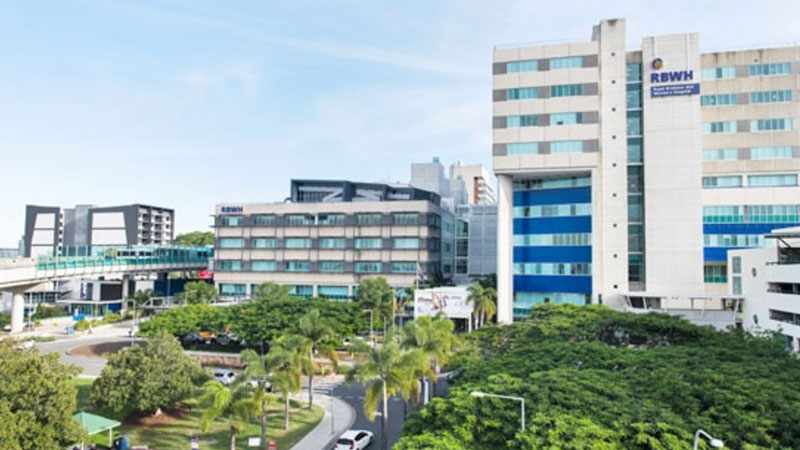Brisbane 3D Prints 3000 Face Shields in Five Days
Brisbane 3D printing businesses have helped create 3000 essential face shields in five days, as local suppliers put their 3D printers to work to help boost medical stocks during Covid-19.
The Metro North Herston Biofabrication Institute at Brisbane’s Royal Women’s hospital smashed its goal of 3000 face shields in three weeks, thanks to 3D printing businesses like the Arc Hardware Incubator in Fortitude Valley.
Health minister Steven Miles said that currently Queensland’s personal protective equipment supplies across the public health system “are enough”.
“But that won’t last forever,” Miles said.
“Which is why increasing local manufacturing is so important.”
Metro North Herston Biofabrication Institute Operations Manager Mathilde Desselle said the unit pairs clinical experts and technical teams to find a “holistic solution”, supported by design and manufacturing advice from its partners.
“[This] has seen community members and local suppliers use their 3D printers to ‘give back’, further bolstering face shield stocks for Covid-19,” Desselle said.
Related: Coronavirus: 3D Printers Help Hospital Patients

Partners also include QUT, The University of Queensland, CSIRO, Healthia Group, Konica Minolta, Shapelabs, Covid-SOS, along with community members and schools.
Desselle said the unit is now working through quality control, distribution and infection control approvals on the supplies alongside therapeutic goods Australia (TGA) approved face masks.
The manufacturing initiative is a collaboration with Queensland’s department of state development, manufacturing, infrastructure and planning.
Manufacturing minister Cameron Dick said manufacturers are being matched to Metro North’s Herston Biofabrication Institute with the latest outcome an “example of local innovation”.
“If you’re a manufacturer or producer who can offer further assistance to secure or enhance the supply chain, I encourage you to contact the Department of State Development,” he said.
A web-link has been established so manufacturers and suppliers can register what they need and what is available to keep manufacturing supply chains open.
Globally, the world health organisation has forecast that frontline health workers will need at least 89 million masks and 2.9 million litres of hand sanitiser each month in response to Covid-19.















